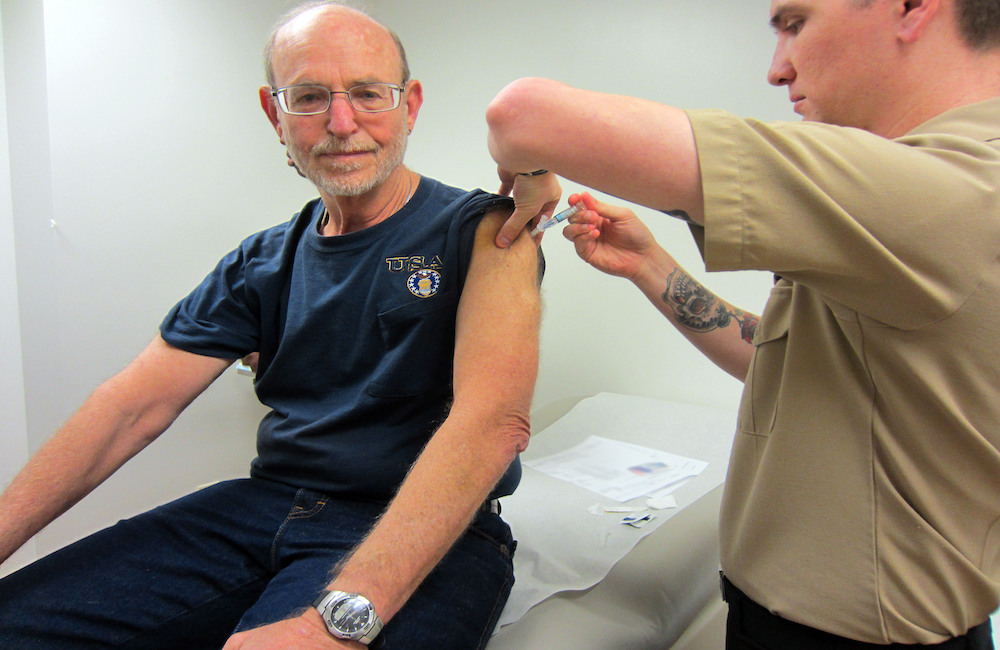VA Addresses Next Steps in EHR Rollouts
The agency is looking provide critical support and training to resolve issues in electronic health records.

The Department of Veterans Affairs is pausing rollout of its electronic health record system to give its private sector partner, Cerner, more time to address concerns around errors and training on the platform.
The system encountered various interruptions at various sites this year, noted a report from the VA Office of the Inspector General.
“The new EHR sent thousands of orders for medical care to an undetectable location, or unknown queue, instead of to the intended location,” the report said.
The Veterans Health Administration had previously referred to the unknown queue error in a December 2021 assessment as “frequently occurring” and “very difficult to detect.”
The latest OIG report criticized VA’s private sector EHR supplier directly for these failures, stating that “Oracle Cerner failed to inform VA end users of the existence of the unknown queue and put the burden on VHA to mitigate the problem.”
The report continued in stating that “after finding over 200 orders in the unknown queue in May 2022, the OIG has concerns with the effectiveness of Cerner’s plan to mitigate the safety risk.”
This diagnosis was reaffirmed by VA EHR Program Executive Director Terry Adirim in remarks to Congress during a July 20 hearing, with Adirim asserting that unresolved unknown queue errors were a result of Cerner failing to provide on-site training to VHA staff who would be responsible for overseeing the usage of their software.
“The unknown queue is not something really to be fixed. It’s a feature of the Cerner software. It’s the way that it’s designed, and people can talk about whether they think it’s a good design or bad design. What happened during the man Grandstaff deployment was poor communication. It was training failures as well. Nobody was specifically trained in using this particular feature, and a process was not put in place since then,” Adirim said.
Concern around Cerner training and resolution of unknown queue errors has led VA to delay further the EHR’s rollout across planned sites for the rest of the year in order to focus on training and ensuring these lapses in care do not reoccur. This includes the planned July 23 rollout at the VA’s medical center in Boise, said VA Secretary Denis McDonough at a press conference earlier this week.
“That was a decision made by the project team, in consultation with all of our expertise at VHA,” McDonough said.
Going forward, VA is focusing on addressing these concerns around Cerner’s training of on-site staff, with the agency looking to ensure its private sector EHR provider is prepared to adequately support rollouts at larger and more complex sites. This plan was outlined specifically by Adirim and VA CIO Kurt Delbene at the same Congressional hearing that took place three days before what would have been the previously scheduled Boise rollout.
“We presented to the secretary that we weren’t quite ready to go to larger, more complex sites because of the system stability issues that Mr. Delbene has described, and we wanted to give Cerner more time to address those issues before going to the larger medical centers,” Adirim said.
This is a carousel with manually rotating slides. Use Next and Previous buttons to navigate or jump to a slide with the slide dots
-

CDC Updates Public Health Data Strategy
Accelerating data sharing through capabilities like electronic case reporting make up a large portion of the new two-year plan.
3m read -

HHS Makes One-Stop Cybersecurity Shop in ASPR
The agency is working on standards and cyber incident response capabilities to help health care organizations combat ransomware threats.
4m read -

Women Technologists Highlight Workforce Impacts in FDA IT Plan
Tech leaders tackle amplifying women in the workforce as the agency works toward its two-year IT modernization plan.
3m read -

VA Kicks Off EHR Program at Joint Facility with DOD
The agency's Dr. Neil Evans briefed how the Oracle-Cerner program rollout in North Chicago is informing next steps in EHR modernization.
4m read




